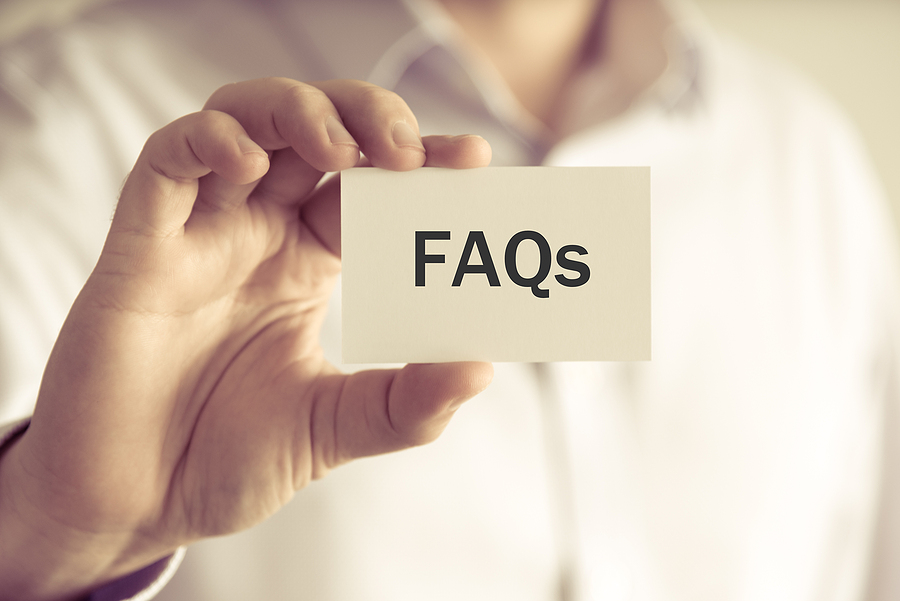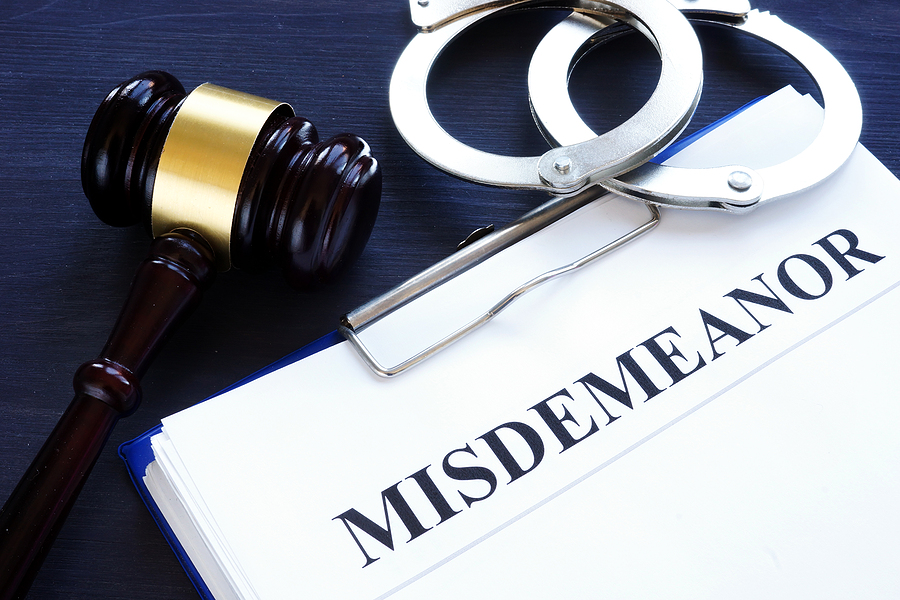Getting a call that a loved one has been arrested is an unsettling experience. Beyond the emotional stress, figuring out the next steps can feel overwhelming—especially when it involves unfamiliar terms like “bail bonds.” For Danville, Indiana, residents, understanding the bail bond process is crucial to navigating this situation smoothly.
This guide breaks down the bail bond system in Hendricks County, explains how it works, and explores the responsibilities involved. By the end of this post, you’ll feel equipped to make informed decisions and act quickly when time is of the essence.

Why Understanding Bail Bonds in Danville Is Important
Whether it’s a minor infraction or a more serious charge, the bail process ensures that a defendant can be released from custody while awaiting trial. For families in Danville and surrounding Hendricks County, knowing how bail bonds work can help save time and reduce stress in an already difficult situation.
When you’re familiar with the bail system, you can:
- Avoid unnecessary delays in the release process.
- Better protect your financial and legal interests.
- Choose a local bail bondsman in Hendricks County who is trustworthy and efficient.
How Does the Bail System Work in Indiana?
The legal system in Indiana, including Danville, follows a standard process for bail. Here’s an overview of how it works:
- Arrest and Booking: After an individual is arrested, they are booked at the local jail and charged with a crime.
- Bail Amount Set: During the initial court appearance, the judge sets a bail amount depending on the severity of the charge, prior offenses, and likelihood of flight.
- Payment Options: The defendant can either pay the full bail amount upfront or seek assistance through a bail bondsman.
- Release with Conditions: Once bail is paid, the defendant is released with conditions to appear at their court dates.
Without sufficient funds to pay the entire bail upfront—amounts which can range from hundreds to tens of thousands of dollars—most families turn to bail bonds for help.
Types of Bail Bonds Available in Hendricks County
Here in Danville and across Hendricks County, there are several types of bail bonds available. It’s essential to understand your options so you can choose the one that best fits your situation.
- Cash Bond: Paid in full, upfront, to the court. This amount is refundable after all court appearances, minus any fees or fines.
- Surety Bond: Offered through a bail bonding agency, this involves paying a non-refundable fee (usually 10%–15% of the bail amount) to the bail bondsman. The bondsman then guarantees the full bail amount to the court.
- Property Bond: Secured by collateral, such as real estate or similar high-value assets, which the court can claim if the defendant violates bail conditions.
- Release on Own Recognizance (ROR): Granted by the court for non-serious offenses. No payment is necessary, but failure to appear in court could lead to significant legal consequences.
The Process of Obtaining a Bail Bond
If you’re seeking a bail bond in Danville, here’s what the process generally involves:
- Contacting a Local Bail Bondsman: Reach out to a licensed bail agent in Hendricks County to discuss your needs and complete the necessary paperwork.
- Providing Basic Information: Share details such as the defendant’s name, booking number, charges, and location.
- Paying the Fee: Typically, a non-refundable fee (around 10% of the bail amount) is required. Collateral may also be necessary, depending on the bail value.
- Submitting the Bond: The bail bondsman submits the bond to the court to secure the individual’s release.
- Release from Jail: Once the bond is accepted, the defendant is released with the agreement to attend all court dates.
Responsibilities of the Co-Signer and the Defendant
The Co-Signer’s Role
When you co-sign a bail bond, you agree to take full responsibility for the defendant attending their court hearings. If the defendant fails to show up, the co-signer may be financially liable for the entire bail amount, plus additional fees.
The Defendant’s Responsibilities
The defendant must:
- Attend every court appearance.
- Comply with any conditions set by the court or bail bondsman.
Failure to follow these terms can result in bail forfeiture and potential legal trouble.
Common Misconceptions About Bail Bonds
Many misconceptions surround bail bonds, which can lead to unnecessary confusion. Here are some myths debunked:
Myth: Bail bond fees are refundable.
Reality: The fee paid to a bail bondsman is non-refundable and considered payment for their service.
Myth: Only wealthy families can afford bail.
Reality: Bail bonds make the process accessible to those without the means to pay the full bail amount upfront.
Myth: Bail bonds are only for serious crimes.
Reality: Bail bonds are available for a wide range of charges, from misdemeanors to felonies.
Tips for Choosing a Reputable Hendricks County Bail Bondsman
Choosing the right bail bondsman can make a significant difference in how smoothly the process goes. Here’s what to look for when selecting a local bail bondsman in Hendricks County:
- Licensing and Credentials: Confirm that the bail agent is licensed to operate in Indiana.
- Transparent Fees: A trustworthy agency will disclose their rates and fees upfront.
- Availability: Arrests happen at all hours—find a bondsman who offers 24/7 service.
- Customer Reviews: Check reviews and testimonials to gauge the experiences of other families.
- Experience in Hendricks County: A local bondsman familiar with Danville and Hendricks County’s judicial system can expedite the process.
In Summary
Understanding the bail bond process can empower families to respond confidently and effectively during a difficult time. Whether you’re assisting a loved one or preparing for life’s uncertainties, this knowledge can save you time, money, and stress.
For residents of Danville, Indiana, and Hendricks County, having an experienced and reliable local bail bondsman on your side can provide peace of mind. Need help right now? Contact a trusted Hendricks County bail bondsman today to learn more about your options and take the next steps confidently.
If you find yourself in need of a bail bond in Hendricks County, do not hesitate to reach out to professionals who can provide personalized guidance. Contact Woods Bail Bonds at 765-644-0400 for 24 hour bail bond services in Danville, Indiana you can trust. We also offer prearranged bail bonds for arrest warrants and probation violations.
Related Posts:
The Process for Getting Bailed Out of the Hendricks County Jail
Bail Bonds are Easy to Find in Hendricks County, Indiana
Guide to the Indiana Bail Bond Cosigning Process: A Lifeline for a Friend in Need



